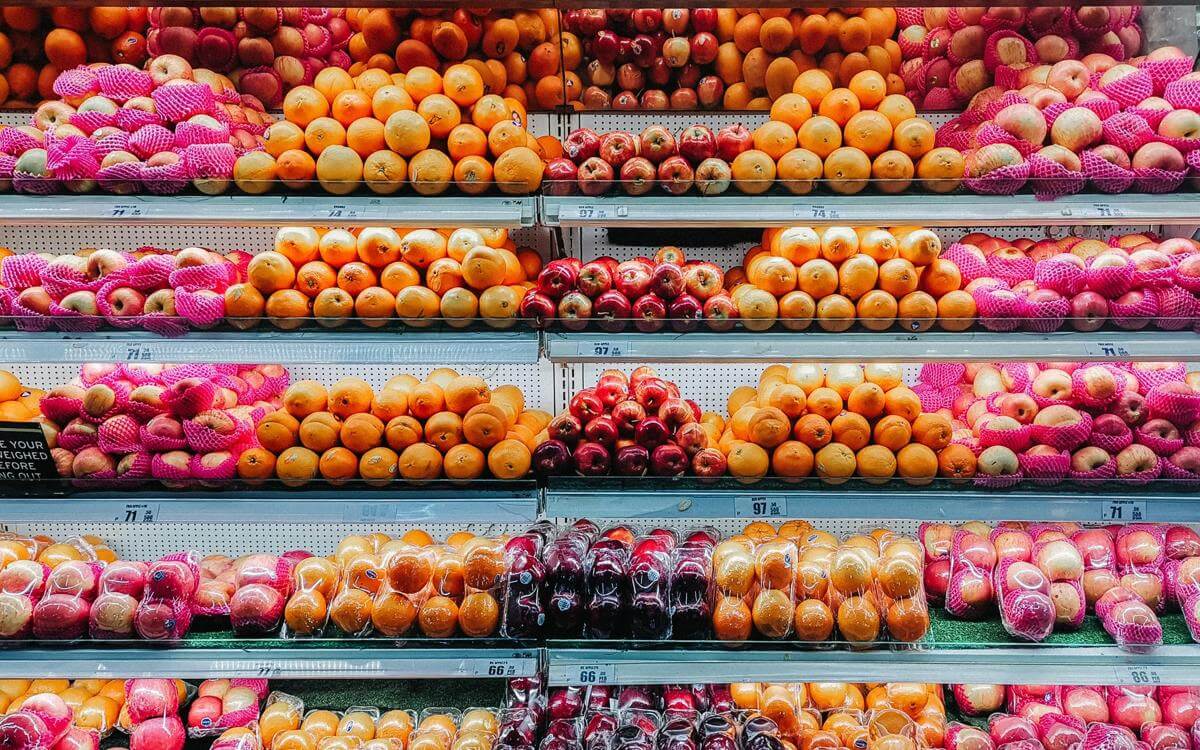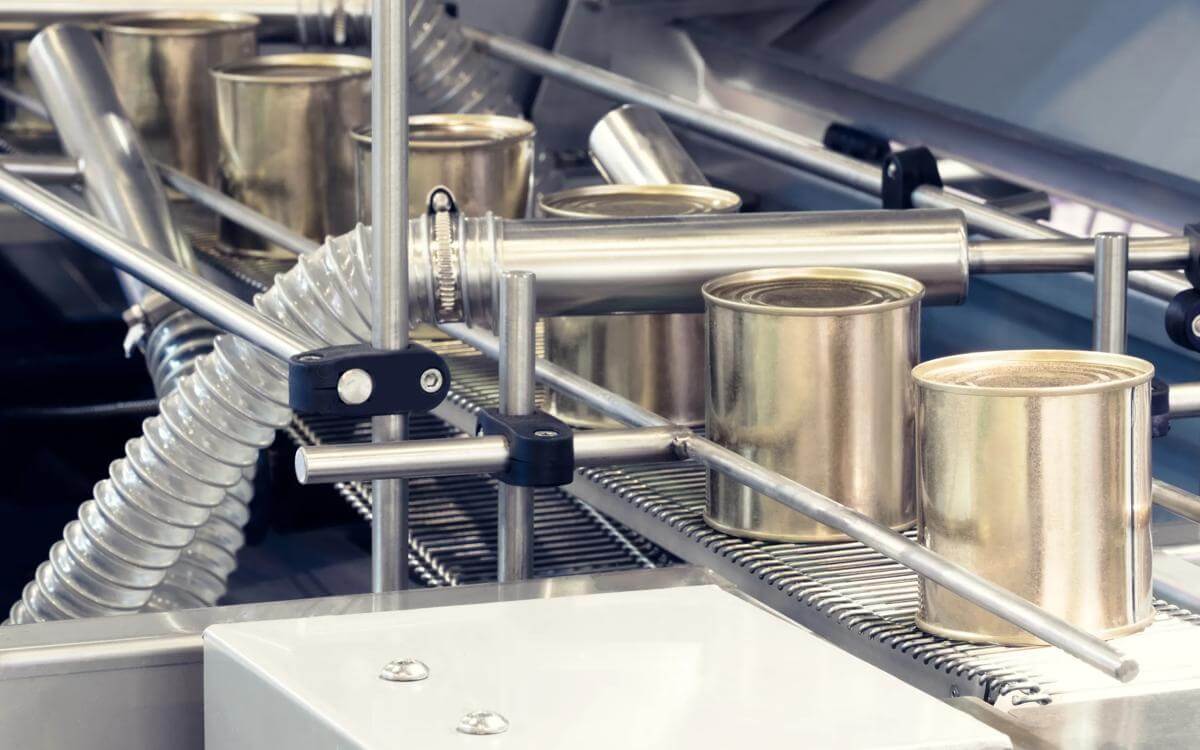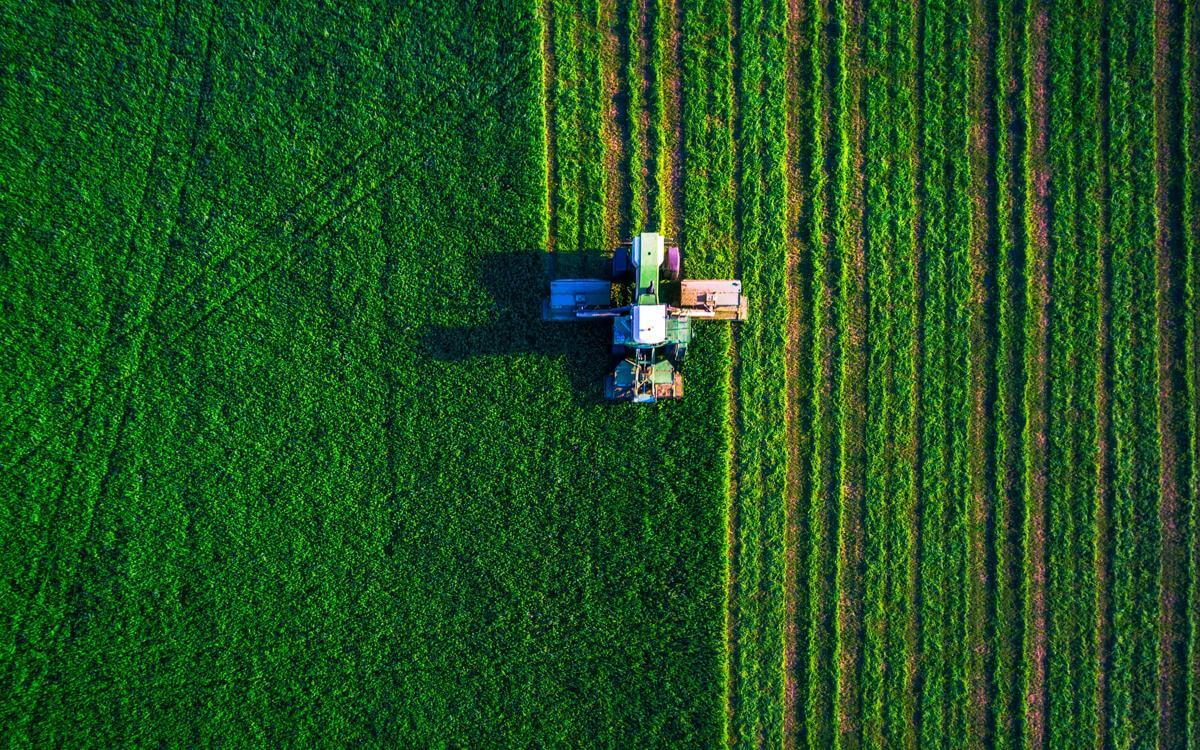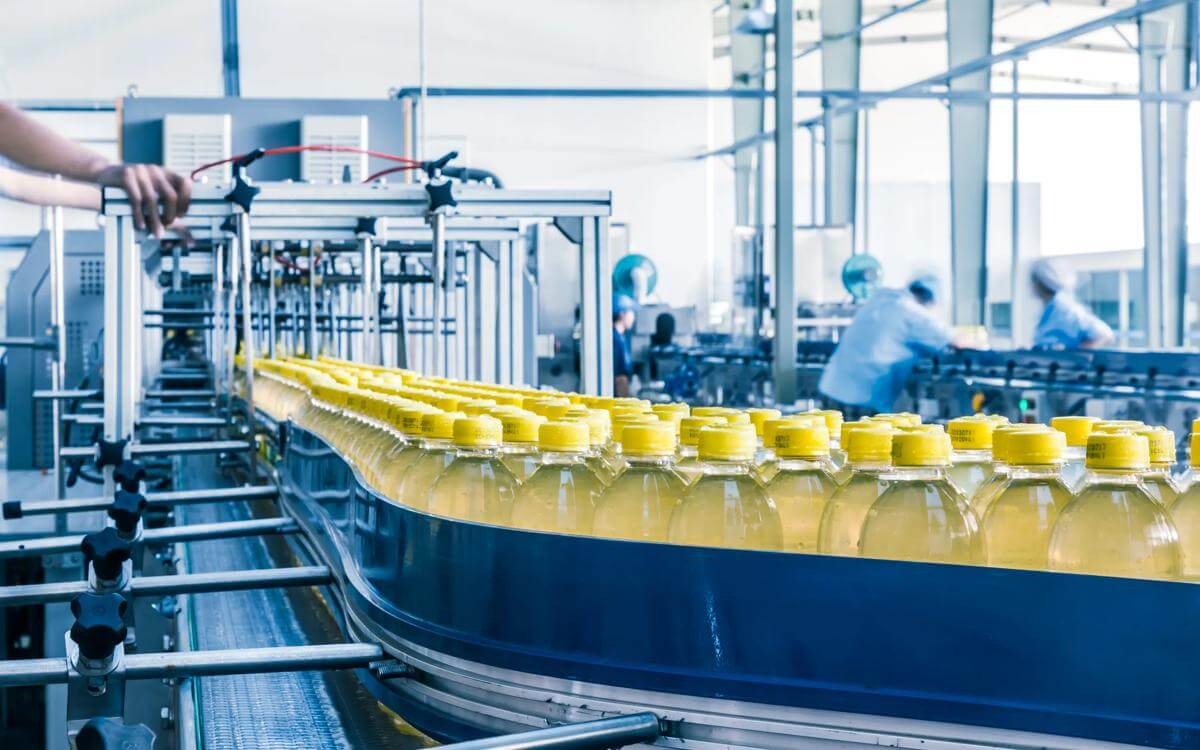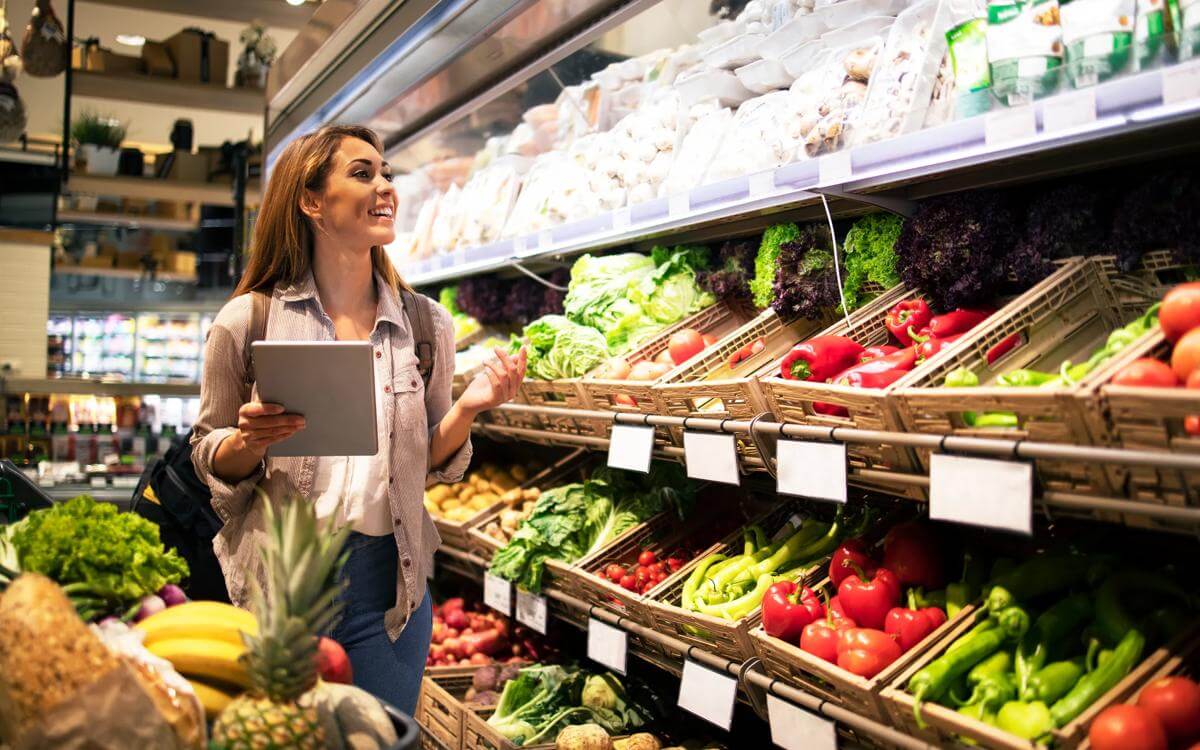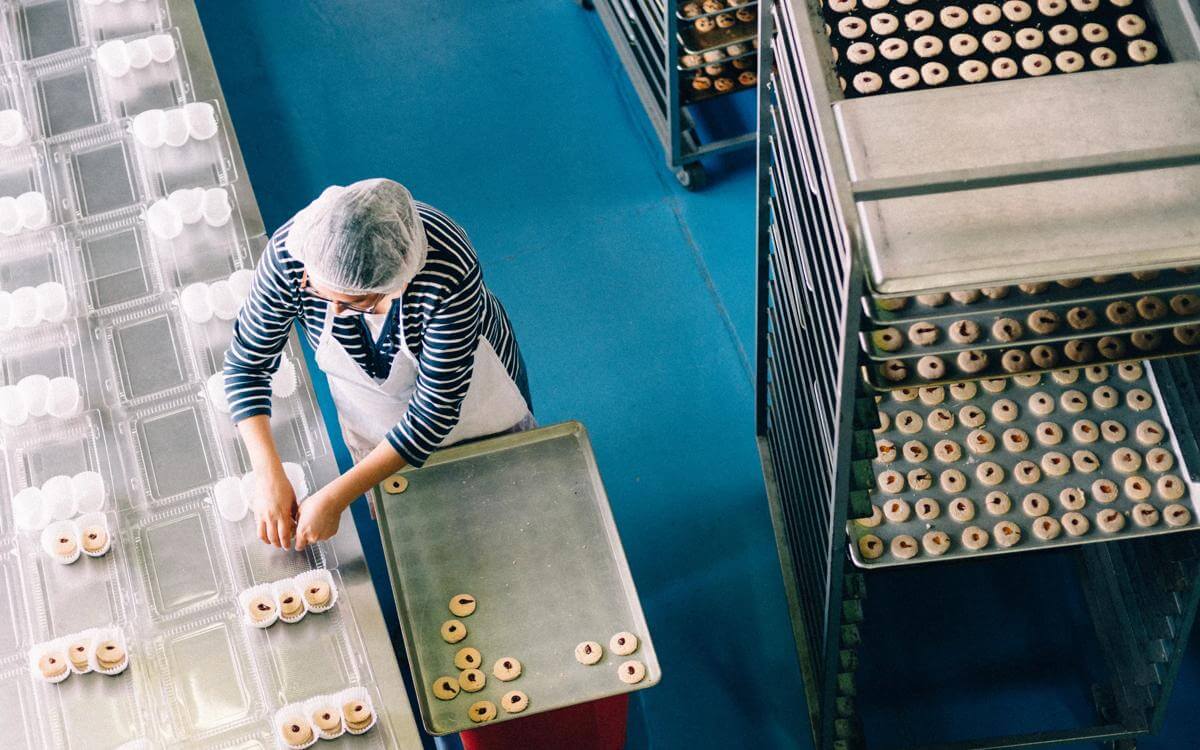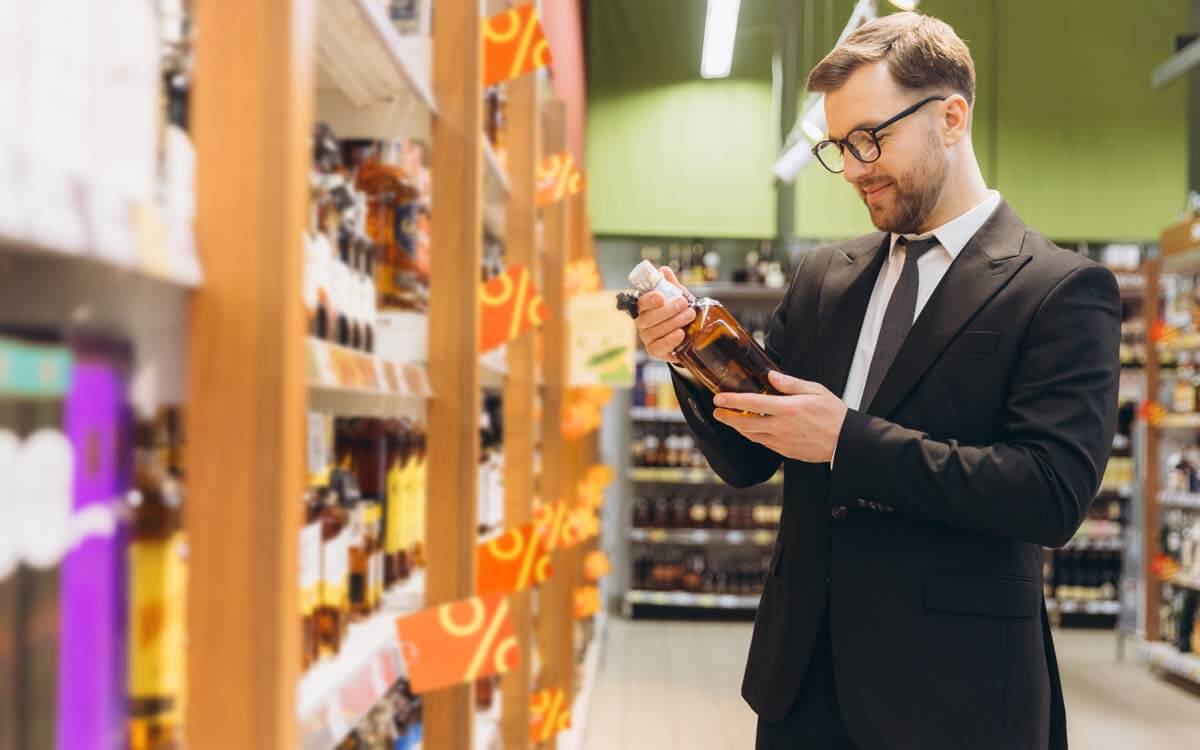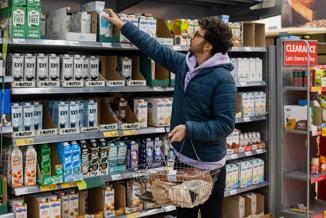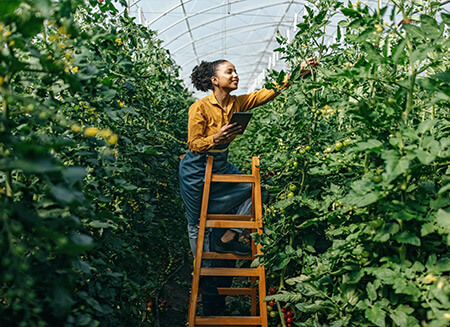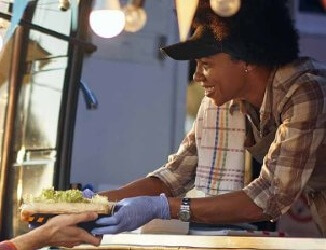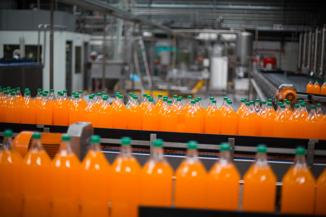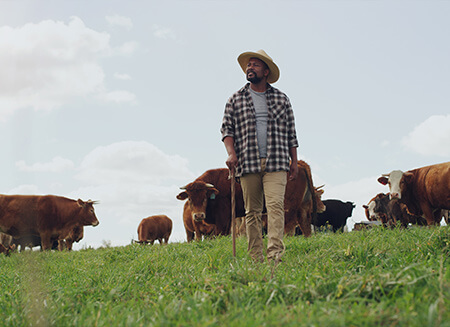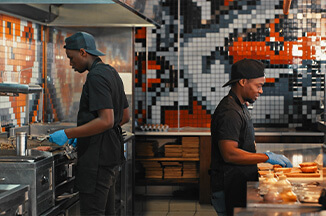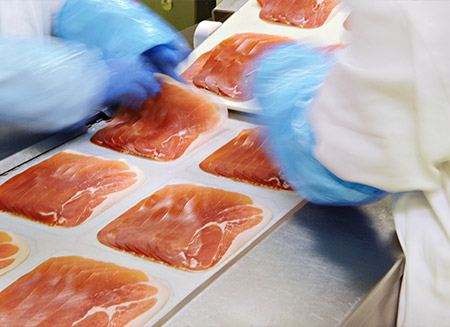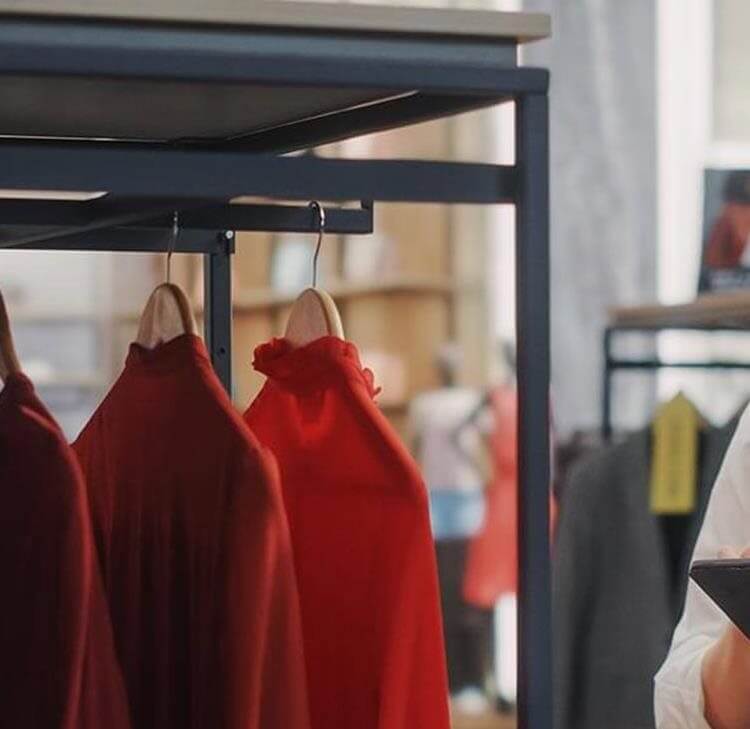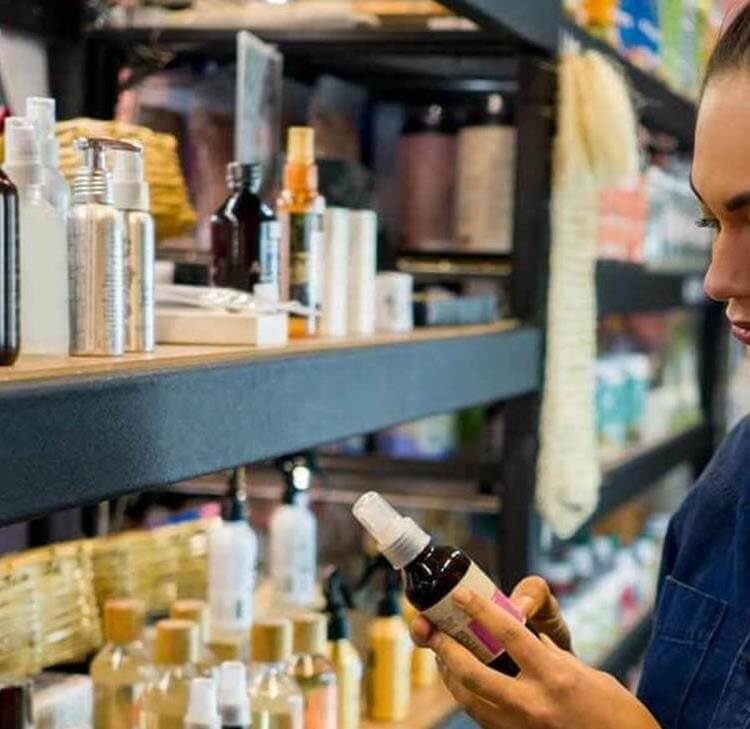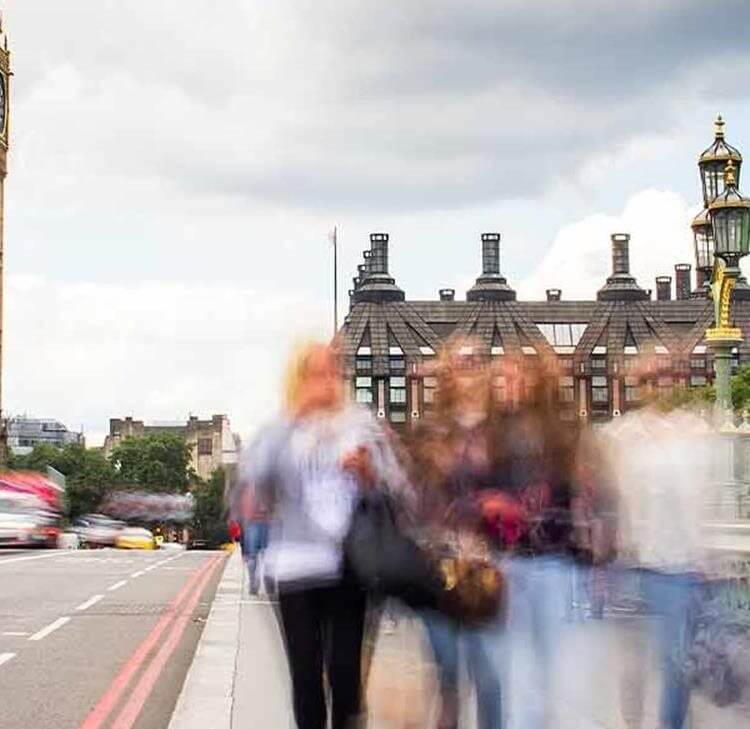The cost-of-living crisis, health consciousness and the overhaul of alcohol duty post-Brexit are some of the main factors for a shift in consumer attitudes towards alcohol consumption in recent years. There’s no wonder then that the UK’s no and low alcohol market is estimated at £380 million in 2024 and on the global stage, the UK is ranked 8th for sales in this category (up from 13th in 2022).
Transactions in this space may not yet be at the heights of the beers and ales subsector, whose M&A activity continues to dominate the UK in 2024, but big names in this area are showcasing a clear commitment to investment.
NoLo beverages in context: UK food and beverage M&A growth
M&A activity in the UK’s food and beverage industry continued its upward trajectory last year, with a new study showing a 29 per cent increase in deal volume compared to the levels recorded in 2023. According to the report from Oghma Partners, there were 151 transactions in the sector last year, a near-30 per cent increase from 117 in 2023. M&A activity in the food and drink sector has been on the rise for years now and the trend shows few signs of ending.
Notably, UK-headquartered Diageo has invested €25m with the intention of increasing production of its Guinness 0.0 by 300%. The group has also been active in the M&A space, with acquisitions of a number of alcohol-free spirit companies over the last 5 years. Elsewhere, Asahi has outlined that it aims to have 20% of its group-wide portfolio made up of NoLos by 2030.
Challenges to the NoLo market
As the NoLo market continues to grow, the industry may need to be overcome the following to unlock its potential:
- on average, NoLos are more expensive than their alcoholic counterparts which, during the current cost-of-living crisis, suggests that higher earners are more likely to purchase NoLos than those on lower incomes
- the health benefits of such products are currently unknown with no evidence that they have had a substantial impact on public health and although alcohol consumption is decreased, the level of sugar in some products is higher than their alcoholic equivalents
- labelling regulations and terminology around the low and no alcohol category is unclearwhich may create problems around what qualifies as “alcohol free”.
With food and drink manufacturers under increasing pressure to innovate, it seems almost inevitable that new low and no alcohol products will be created. This is likely to lead to further investment, both inward and outward, in beverage companies that add these lines to their offerings.
Contents
- Dry January 2025: Legal considerations for manufacturers, hospitality and retailers
- Sobering thoughts: A look at the alcohol-alternative ad rules
- Dry January and its regulatory implications: A sobering perspective
- Alcohol charity on the “Naughty List” for attempts to trade mark “DRY JANUARY”
- Dry January: Effects on the real estate and hospitality industry
- Considering the growing trends of mindful drinking
- Festive without the spirits: Embracing inclusivity at Christmas and social parties







